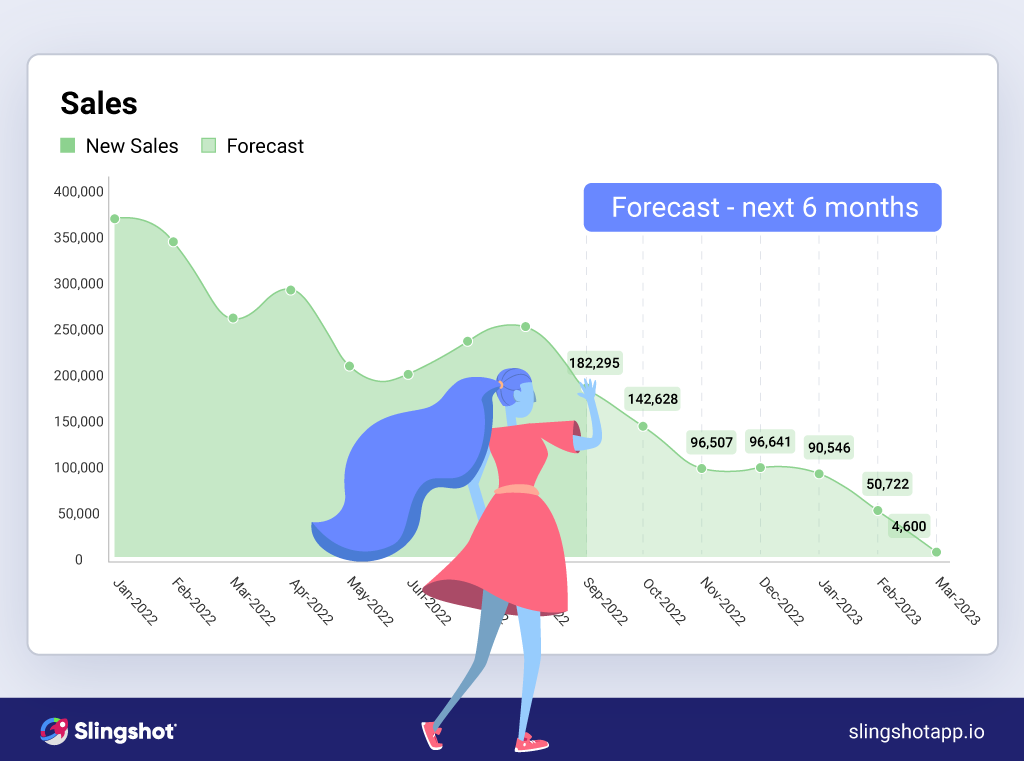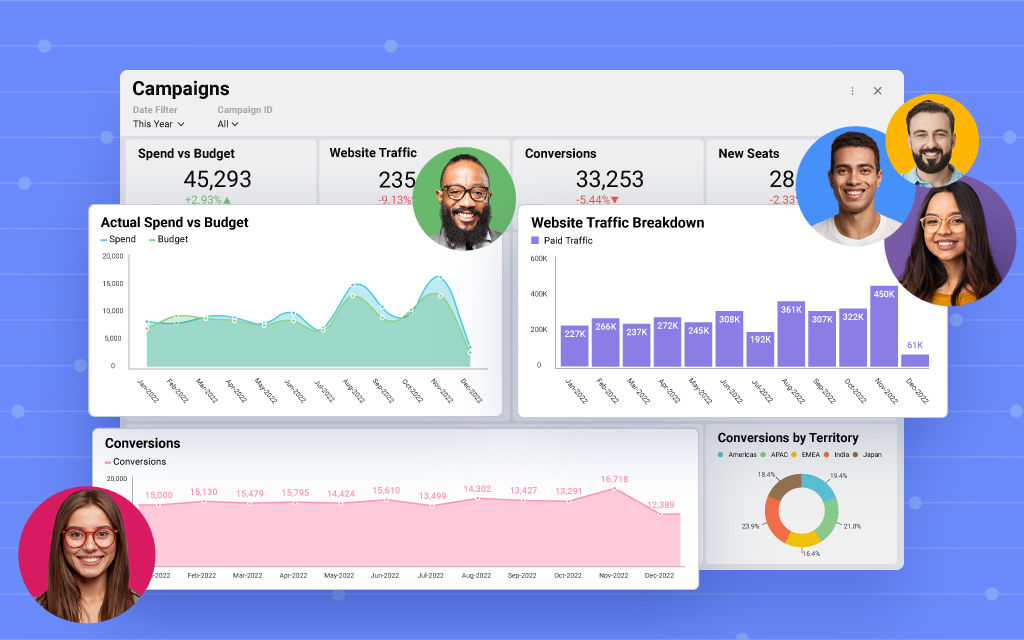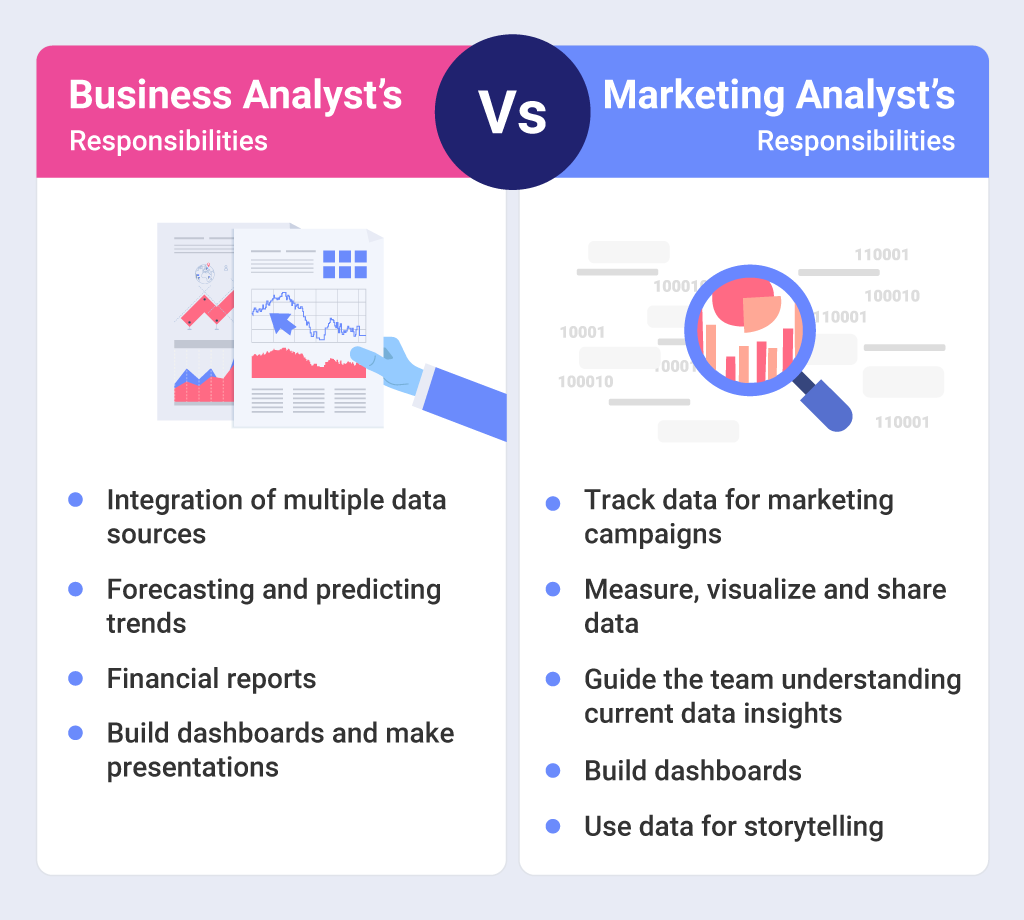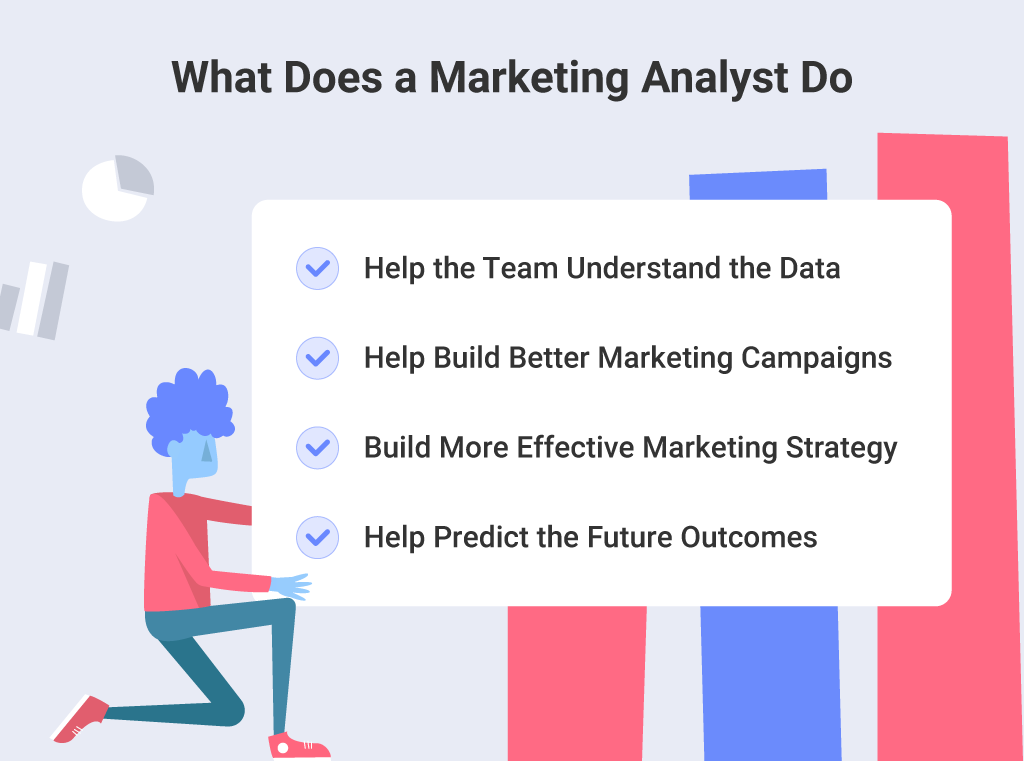
How Stephen Gould Scaled Its Capacity by 30% without Making a Single Hire
Marketing teams all over the world use data daily, to improve their decision-making process and reach desirable outcomes. But how can you process it faster - and do you need a data analyst for the purpose?
Executive Summary:
Marketing teams all over the world use data daily, to improve their decision-making process and reach desirable outcomes. But how can you process it faster - and do you need a data analyst for the purpose?
Relying on data insights to manage your business has become a necessity in this data-driven world.
So, all decisions, marketing efforts, improvement of product value, and product-market fit depend on understanding data’s full potential.
But to help you operate effectively, data needs to be accessible – and understood. That begs the question: do you need a specialist for this purpose – a marketing data analyst, who knows their way around big data, and machine learning, and utilizes those other science-y approaches towards data?
The answer may surprise you.
So, let’s dig in!
A marketing analyst is an expert who analyzes data insights within marketing campaigns and supports the marketing team’s efforts. The work of the marketing analyst is aimed to support the organization’s decisions through careful examination of data and identifying critical points to address in it.
The marketing data analyst also tracks patterns in the data and finds customer trends within cohorts. The tactics this analyst follows align entirely with a data-driven company’s strategy, following a specific approach to optimize the marketing campaigns in a way that shuns intuition for the sake of pure facts.
This is what being data-driven is all about, after all. The title, however, implies the usage of sophisticated science – a data analyst is supposed to use high-level analytics techniques to serve as the team’s barometer and predict occurrences and behavior, to keep all activities and content relevant.

So, what does a marketing analyst do, exactly? In a marketing department, this is usually the person who helps the team make informed decisions that minimize mistakes and blind decision-making in strategy. Aside from being comprehended and visualized, data needs to be shared with all relevant parties understandably and quickly.
Marketing analysts take the data and make it relatable, but there are other reasons why companies today consider hiring such a specialist. Here are some of the main pros to having a separate role dealing with monitoring data and creating data visualizations to provide relevant findings.
Data is nothing without proper understanding and the best way to digest is through visual aids. It’s easy, fast, and helps the team comprehend the data they need to act on.
Marketing data analysts keep marketing campaigns on point by finding the current trends, pointing out the weak links in the strategy, and keeping an eye on the competition. Campaigns, in whichever channel, become much more relevant and successful through data.
By finding the right customer, with the right message, marketing becomes truly effective and key metrics rise. Data helps clean up the potential mistakes with analytics, A/B testing and overall getting a clearer picture of the way the marketing effort should go.
If there is any way to peek into the future, it is through data. A marketing data analyst uses data to bring more insight into potential outcomes and forecasts. Tracking and measuring initiatives create an efficient decision process in the long run.

Accomplishing all of this should and has been the focus of all successful marketing departments across a wide variety of fields. That might be the reason why according to the Bureau of Labor Statistics, the marketing analyst role is expected to increase in demand by 19% by 2024.
Marketing strategies based on data are powerful. It’s why a high-level campaign is now known to be a data-driven one.
Still, it’s important to know the difference between a marketing analyst and a business analyst, to understand how each of these roles impacts your customer journey.
So here are the main differences between a business analyst and a marketing analyst.
А business analyst’s responsibilities include:
A marketing analyst’s responsibilities include:
To put it simply, the main and most important difference between a business analyst and a marketing analyst is that the marketing analyst focuses on real-time marketing data and market feedback.

So, with this role, you can expect measurement of leads, subscribers, clicks, page views, conversions, and all other important metrics that show you where your marketing stands in terms of business success. The marketing analyst connects all areas of marketing (offline and online), revealing the impact of different channels through data.
In making marketing more data-centric, you will find many benefits and improvements to your outcomes. A marketing analyst may be the way to help your team and business be more data-driven and interpret data in a way that brings forth a more comprehensive and smart plan.
Still, if you’d like an alternative to hiring such a role in your marketing team and entrusting all your data measurements and presentation to one person, technology might be the answer for you.

What would you say if instead of having one marketing analyst, you could enable everyone on your team to be their own marketing analyst?
This all happens with a tool like Slingshot – the digital workplace that brings together data analytics, project, and file management, chat, and team collaboration. And good news: you don’t need to be a data scientist to use data in Slingshot. It’s all very intuitive and requires minimal to no training. This is how the magic works:
In Slingshot, you can quickly connect to your different marketing data sources and create beautiful dashboards within minutes, which then teammates can share and use for analysis and data-driven decisions for your campaigns going forward.
Data visualization is not hard at all in Slingshot. Take a look at how to create your first dashboard in Slingshot in just 4 easy steps. And no, you don’t need to be a data scientist.
Slingshot supports Google BigQuery, adding considerable speed in processing big data with Analytics, allowing for the use of huge datasets in moments.
Slingshot offers data catalog functionalities, that serve your organization cross-departmentally, bringing true understanding and access to data insights from all around. Data catalog functions include:
Slingshot provides you with data insights tying together all your marketing customer data, tracking your North Star Metric, and answering any questions about them you might have through analysis.
Interested in learning more?
Start your free trial today, or request a demo, to improve your team’s productivity while keeping data at the center!
SHARE THIS POST